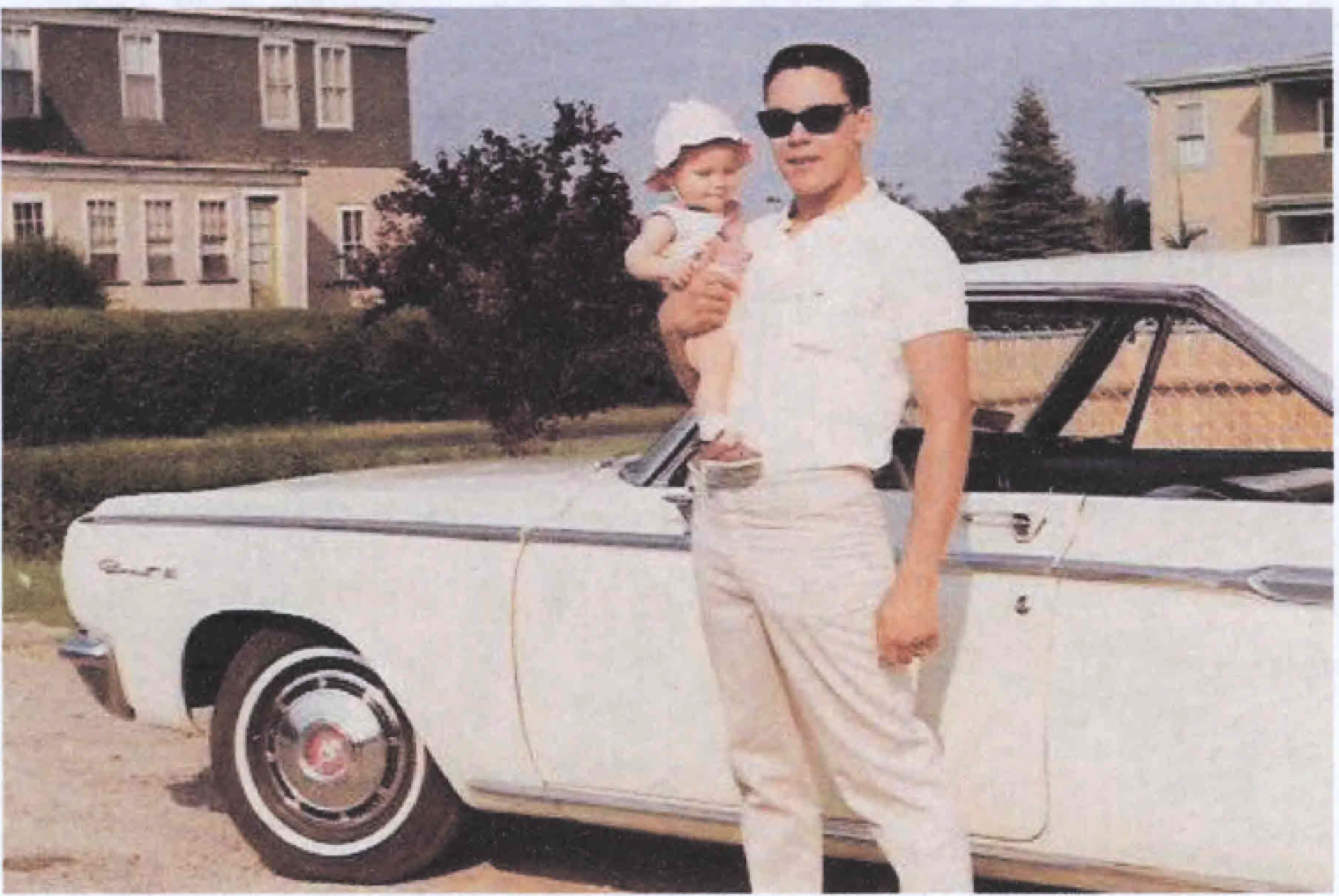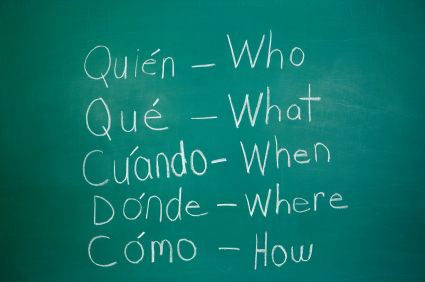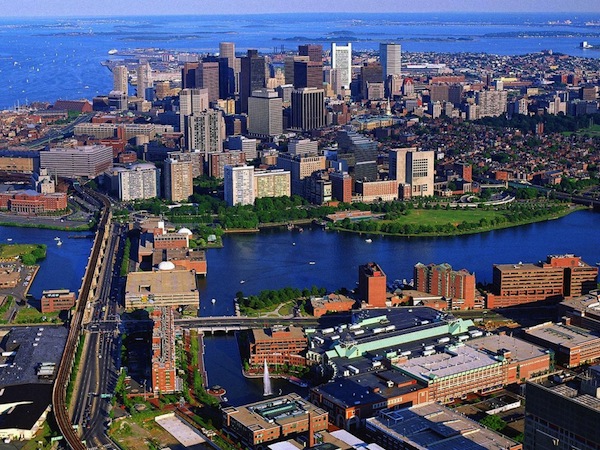Orlando met his future wife, JoAnn Grieco, while attending Methuen High. Soon after graduating, the two were married and had their first child, daughter Jolin. Orlando knew that he needed to provide for his new family, and was determined to work hard in any position that he earned.
The “United States doesn’t give you anything but the opportunity… You have to work two jobs, three jobs? You have to go work three jobs. If I didn’t take care of my family who was going to take care of [them] for me?”

Orlando holding daughter Jolin.
His first job in the U.S. was very physically demanding – working at a paper mill. Orlando “worked very hard, and…was rewarded for it. [His] bosses liked [him], [he] got promotions, [and] was sought out to lead little projects.” When the company decided to move to New Jersey, Orlando resigned in order to stay in Massachusetts with his family, choosing instead to work as an insurance salesman.
Despite his limited English, Orlando was thirteenth, out of 400, in company sales his first year on the job! After this job, Orlando moved on to the community service sector, aiding minority transition and incorporation into American society. He “created the first newsletter in Spanish with information about health issues and jobs,” and organized various programs for new Latino migrants in Lawrence. When speaking of the migrants he tried to help, Orlando noted their hesitation to adapt American ways of life and thought that this reluctance limited their integration abilities. In addition to providing help to Spanish-speaking migrants, Orlando also “taught conversational Spanish at a couple of major companies in Massachusetts” to managers wanting to improve communication with their Spanish-speaking employees.
One of these companies then offered him a full time job, and the opportunity to represent the company at Chamber of Commerce events. While attending a Chamber of Commerce event, Orlando met a senior administrator from a college in Massachusetts, the same college that denied him admission in his first years in the states! After talking with Orlando a few times, the man asked why he hadn’t completed his college education, and was shocked to find out that his school wouldn’t let Orlando in! The administrator offered him a full scholarship, and worked out a deal with a local bank that agreed to employ Orlando part-time so that he could earn a living and provide for his family. Two months before classes started, Orlando had to turn down the scholarship because the bank was not paying him enough to support his family.
Orlando quickly found another job, working as an assistant branch manager. After only four months on the job, Orlando was promoted to head manager, a position that was very demanding. “It was a time…[when branch managers] had to learn how to open accounts, and how to balance the tellers, know how to make a loan, know how to check the credit and in those days there was no Credit Bureau like [there] is now.” Orlando stayed with the branch for five years before deciding it was time to return to Venezuela.
The decision to move back to his homeland “was not easy because [his] wife [JoAnn] was very reluctant to do [so], and [they] already had [their] first home.” Eventually, Orlando convinced his wife to move to Venezuela where he got a job “with Citibank, working in the international department…[and making] more money than [he] ever made” in the United States! The only problem was, his family lived outside of the city, meaning he had a long commute into Caracas every morning and back home every evening. Family time was limited, so after three months JoAnn decided she wasn’t going to live in Venezuela anymore. The two “agreed to go half-way between Venezuela and Boston…so [they] ended up in” southern Florida.

Miami, Florida
Orlando arrived in Florida “without a job [and] in two weeks” he had one as a branch manager of one of the major banks in Miami. The bank was transitioning from a unit bank to a branch, so Orlando “had to manage it as though [he were] the president…and do projects…and projections…and all the things [one does] in order to run a business.” Without a college degree, Orlando managed to make a name for himself, giving rise to an important motto he’s always lived by, “If you believe that I can do it, I’m going to do it!”
After spending eleven years in Florida, Orlando and his family moved back to Massachusetts in order to be closer to his wife JoAnn’s family. In Massachusetts, he “was recruited by a minority company…[that] put together about ten million dollars worth of funds from major banks in Boston to finance ethnic minority businesses.” Once again, Orlando found himself helping minorities to integrate into American society. The company “provided financing for any type of [minority owned] business plus technical assistance, which banks could not do because [of] lender liability” issues. This job sent Orlando into dangerous areas of Boston during late hours of the night, so after two years he gave it up.
He then “started working for the state of Massachusetts as a finance specialist for one of the regions of the state. About a year into it, [his] boss…[moved] to Oregon,” and six months later Orlando became the “Regional Director of Economic Development for the Northeast part of the state of Massachusetts.” In this position, Orlando “gave presentations on tax incentives and provided state financing options to companies looking to move into [his] region.” After leaving his job with the state of Massachusetts, Orlando worked for the city of Lawrence as an Economic Coordinator, “supervising several city programs.” This was Orlando’s last job.





